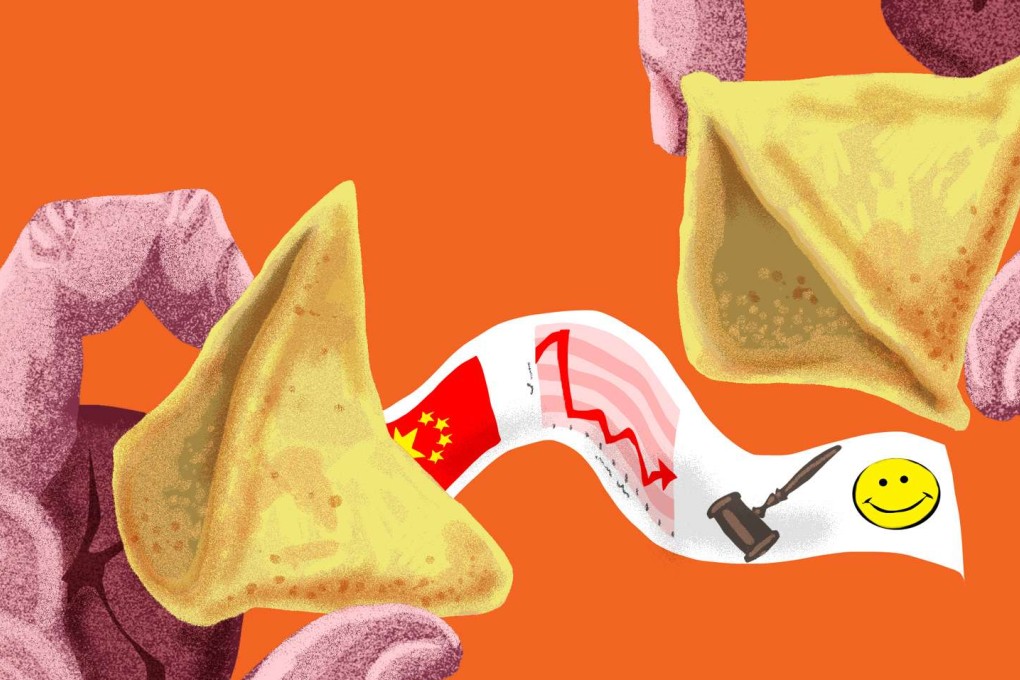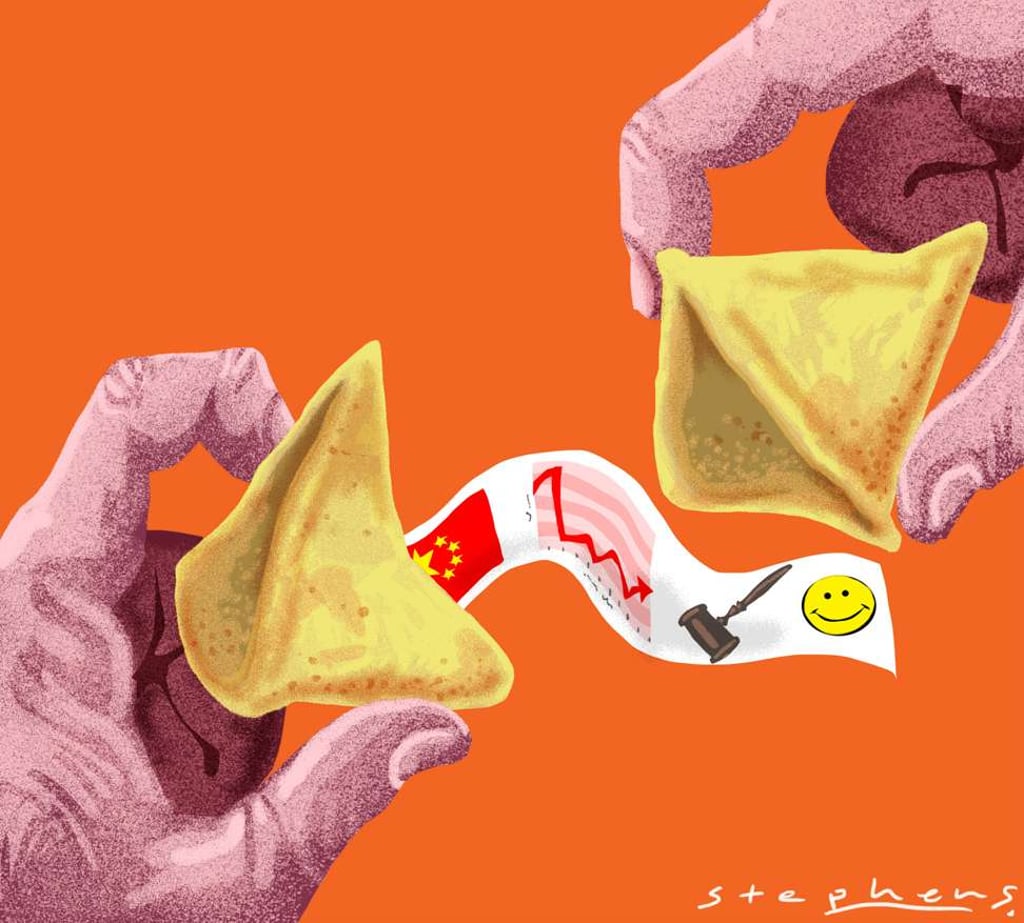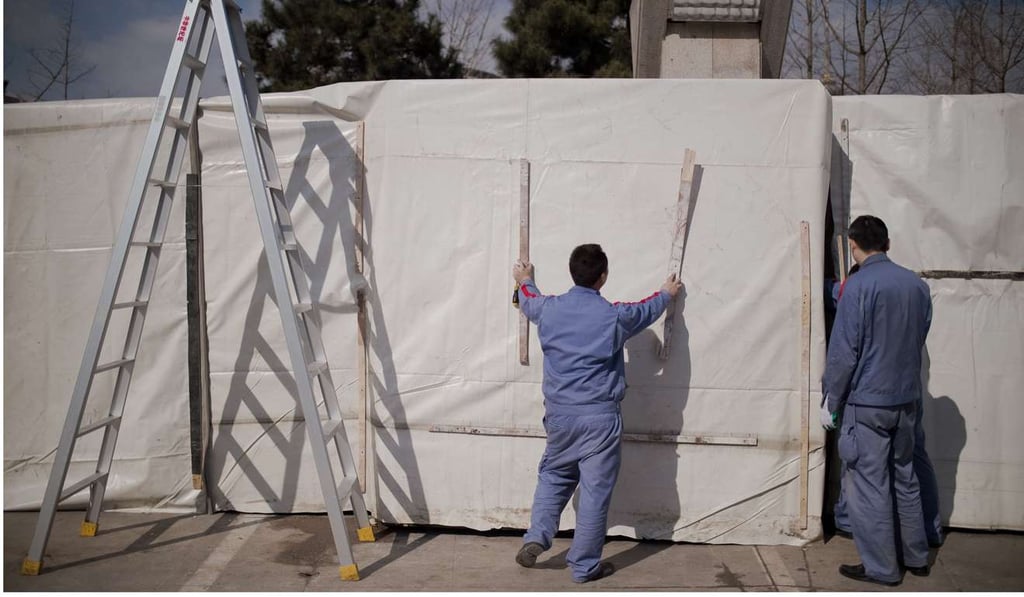From the economy to judicial reform, China is settling into a ‘new normal’
Lawrence J. Lau reviews the highlights of the nation’s annual NPC and CPPCC meetings to check the health of its economy and society, and finds the progress in both areas encouraging, not least the successes in judicial reform


The inflation rate, as measured by the consumer price index, remained tame at 2 per cent. Retail sales have continued to grow at 1½ times the rate of growth of real gross domestic product. Net exports are only 3 per cent of GDP. China can readily survive a trade war, since it is no longer as dependent on exports as it used to be.
All of this means that the transition of the Chinese economy to a “new normal” is well under way and that the goal of achieving a “moderately prosperous” society by 2020 is within reach.
Two key indicators point to growing stability in China’s economy
The unemployment rate remained low at about 4 per cent. More than 13 million new jobs have been created each year since 2013. Many of these new jobs are in the service sector, which has been growing faster than the manufacturing, mining and construction sectors, and accounted for 51.6 per cent of GDP last year.

The renminbi exchange rate has also stabilised when measured against the exchange rate of a trade-weighted basket of currencies. The US dollar will continue to be the strongest currency in the world in the next year or two. However, it does not make sense for the renminbi to follow the US dollar slavishly. Chinese exports to the US constitutes about a fifth of total Chinese exports. If the renminbi follows the US dollar in lock-step fashion, it will imply increasing Chinese export prices for all of China’s other trading partners, simply because the US dollar has appreciated.
China can readily survive a trade war, since it is no longer as dependent on exports as it used to be
By using the exchange rate of a trade-weighted basket of currencies as a reference, when the US dollar appreciates against most other currencies, the renminbi will also appreciate, but to a lesser extent. This implies that the renminbi will devalue relative to the US dollar. When the US dollar eventually devalues against most other currencies, say in a couple of years, the renminbi will also devalue, but to a lesser extent, and thus will appreciate relative to the US dollar. The net result is that the volatility of the renminbi will be less than that of the US dollar, when viewed from the perspective of a third currency, thus making the renminbi more desirable as a store of value.
